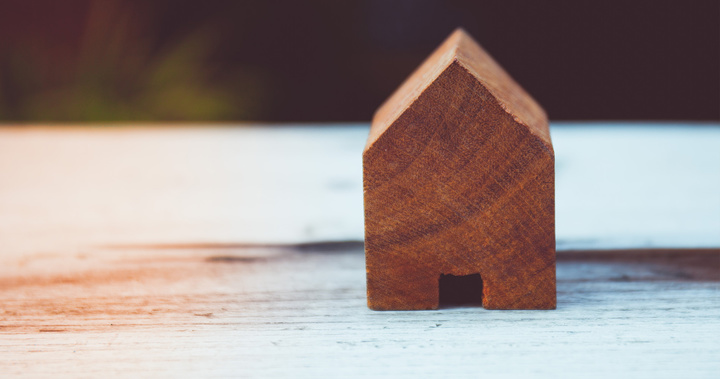Private mortgage insurance is the insurance that you pay to protect your lender. It might not make sense to you, and it’s definitely not popular, but PMI is mandatory if you have poor credit and are considered a high risk to the lender.
What is private mortgage insurance?
Let’s say you want to get a mortgage. But are unable to come up with at least a 20% down payment. In the eyes of your lender, you present a high risk of defaulting on your loan. To minimize this risk and to protect themselves against major loss, lenders will require that you get private mortgage insurance. As the borrower, you end up paying the PMI premiums but your lender is the sole beneficiary. An active PMI contract allows the lender to recover the money they loaned to the homebuyer even if the home is no longer worth enough to pay off the balance.
You may not like the idea of paying for something that you can’t benefit from directly. But PMI can also help you out, even if you don’t see it. We live today in a difficult economy. Many people are unable to save the money needed for a 20% down payment on a house. Without PMI, getting a mortgage would be almost impossible for them. The tradeoff for the borrower is an increased monthly mortgage payment, which includes the cost of the PMI premium.
Can you avoid paying private mortgage insurance?
If you want to avoid paying PMI, you have to make a down payment that is at least 20% of the purchase price of your home. Or you may get a piggyback mortgage, in which a second mortgage or home equity loan is taken out along with the first mortgage.
If you get an “80-10-10” piggyback mortgage, where 80% of the purchase price is covered by the first mortgage, 10% by the second loan, and the last 10% by your down payment. This way, you will be able to lower your loan-to-value ratio for the first mortgage to under 80%. As a result, you will no longer need any PMI.







